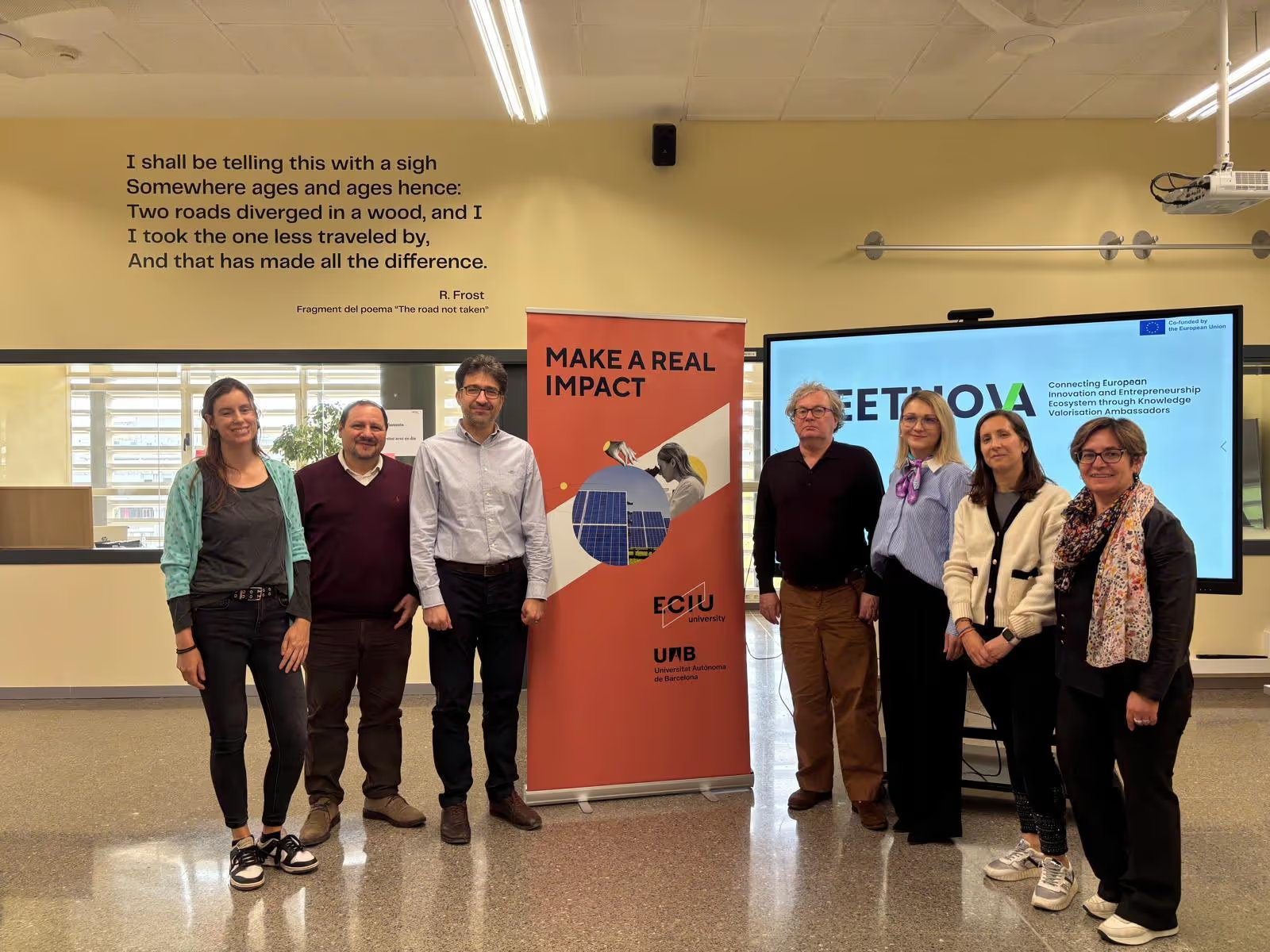ECIU underlines the importance of rural-urban relations in Urban Transitions

The European Consortium of Innovative Universities responded to a consultation on the draft concept of Driving Urban Transitions programme. This programme, coordinated by JPI Urban Europe, must support science-policy-society cooperation and build capacities to enhance actions for sustainable and livable futures. JPI Urban Europe is working together with the European Commission on a longer term programme called „Driving Urban Transitions towards a Sustainable and Livable Urban Future“. This programme aligns European and Member State’s efforts to build a critical mass for urban transitions.
The ECIU Expert Group Smart Regions, consisting of senior research experts, underlined the importance of rural-urban relations in Urban Transition and the potential of the ‘rurban’ dimension for urban transition. Many European regions are characterised by a mixture of some tens of municipalities dispersed across a rural environment: “rurban regions”. The differences between the rurban and urban regions can be significant, yet they need each other for sustainable development and transition in the field of energy, transport and circular economy.
There is an overall tendency to overlook or neglect the material dimensions and issues of scale related to urban transitions. Urbanisation relies heavily on flows of commodities, energy, food and people between rural hinterlands and urban centres. It is important to recognise this and incorporate the scalar dimensions of urban transitions.
Urban transitions must take into consideration the multi-scalar effects i.e. how do urban transitions relate to rural hinterlands in terms of rural-urban equity and power? And how do urban transitions impact rural land use and infrastructures? For example, how should land use in rural hinterlands be managed around competing claims between food production, energy production, data centres, raw materials extraction, recreational use and perhaps most importantly to what extent should such uses be determined by the needs of urban centres? How do urban transitions for a sustainable future take these rural-urban dynamics into account?
Instead of focusing seemingly exclusively on cities, it is important to concentrate on what is known as rurban areas: the combination of high-urban areas with their low-urbanised surroundings. Widening this scope will allow for more and more creative solutions to many problems that high-urbanised areas such as cities are facing. The Smart Regions Agenda of the ECIU takes into account these rural-urban dynamics and we suggest that JPI Urban Europe will take these into account in the final programme proposal.

ECIU is the leading international consortium of research intensive universities, with collective emphasis on innovation, creativity and societal impact, driving the development of a knowledge-based economy.



